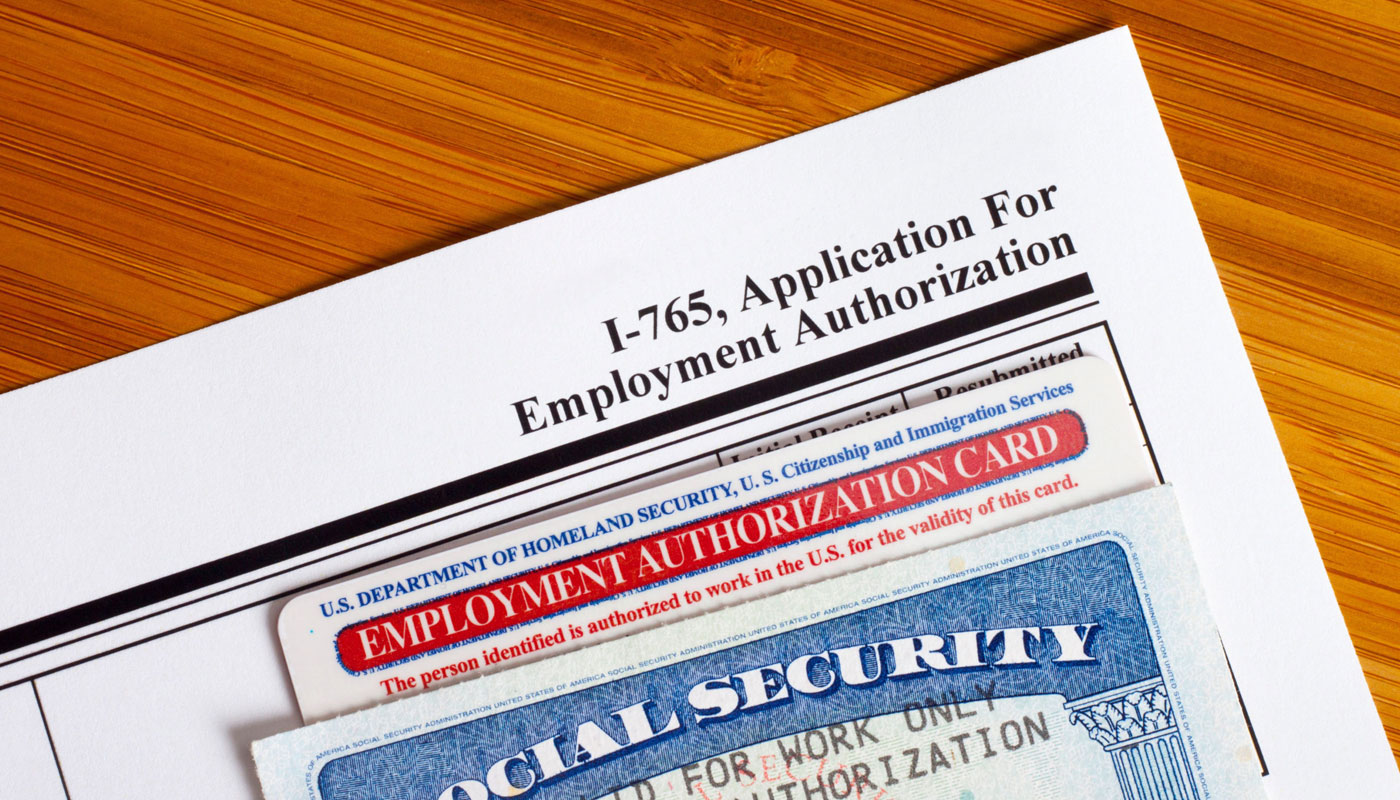In a recent announcement, U.S. Citizenship and Immigration Services (USCIS) revealed a finalized rule aimed at fortifying the integrity of the H-1B registration process. The rule emphasizes a beneficiary-centric selection process, reducing fraud potential and ensuring fairness in beneficiary selection. USCIS also disclosed the registration period for the fiscal year 2025 (FY 2025) H-1B cap, along with the launch of an online filing option for Forms I-129 and I-907.
Under the beneficiary-centric process, registrations will be selected based on unique beneficiaries rather than registration numbers, reducing fraud risks. USCIS is also introducing measures to improve the registration process’s integrity, requiring registrants to provide valid passport information for each beneficiary. The finalized rule permits filing with requested employment start dates after Oct. 1 of the relevant fiscal year, in line with current policy.
The rule codifies USCIS’ authority to deny or revoke H-1B petitions based on false attestations in the registration or other invalidities. USCIS may also deny or revoke approval if the associated registration fee is declined, not reconciled, disputed, or deemed invalid after submission.
The initial registration period for the FY 2025 H-1B cap will be open from March 6, 2024, to March 22, 2024. Prospective petitioners must use a USCIS online account to register each beneficiary for the selection process during this period.
Starting February 28, 2024, USCIS will introduce organizational accounts, allowing collaboration on H-1B registrations and petitions. Online filing for non-cap H-1B petitions (Form I-129 and Form I-907) will also commence on the same date. On April 1, 2024, USCIS will begin accepting online filing for H-1B cap petitions and associated Forms I-907 for selected registrations.
While petitioners can still opt for paper filing, USCIS encourages online filing for increased efficiency. Note that a fee increase for Form I-907 will take effect from February 26, 2024.
This move by USCIS aims to enhance the H-1B program’s integrity, streamline processes, and accommodate technological advancements in immigration procedures.
Source: USCIS


















